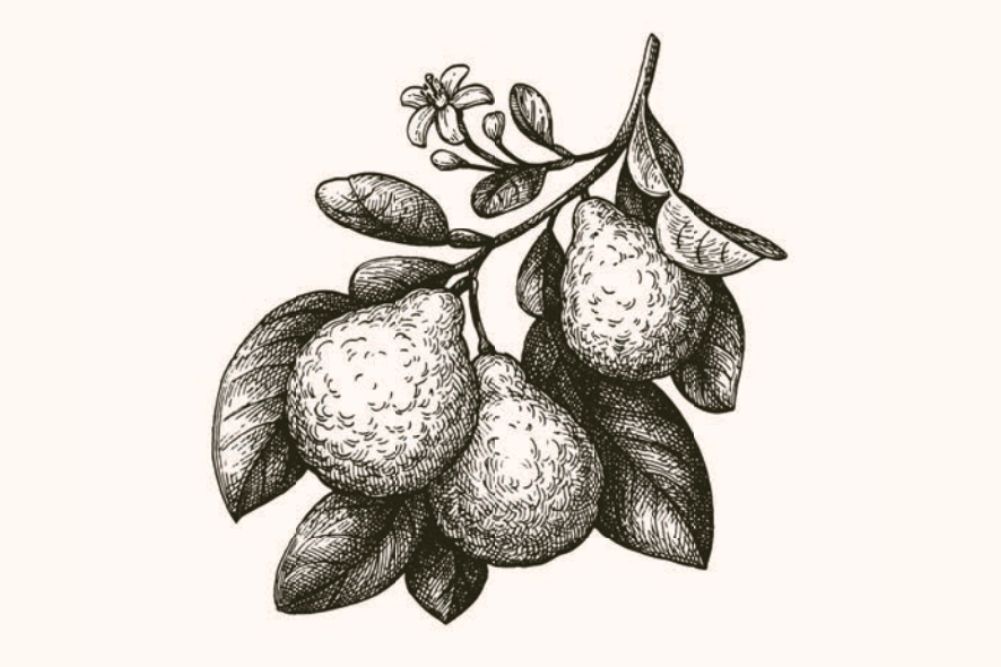3 delicious drinks to aid digestion
Drinking tea is a ritual steeped in timeless traditions, and the very act of taking time out with a relaxing cup of tea can renew you, lift your spirits and soothe a troubled mind or an irritated gut.
The art of cupping your hands around a warm mug of your favourite tea should never be rushed. It’s important to push the pause button on your day so you can reconnect with yourself and digest the day in solitude.
If you or your digestive system is feeling constricted, full or uncomfortable, particular teas and toddies can help to gently relieve the tension and settle anxiety, as well as hydrate you.
Three of my favourite teas to enjoy for gut health are a soothing herbal blend of chamomile and lavender, an anti-inflammatory warming toddy with turmeric and ginger, and a pungent household spice with a long history.
At the start of the day, agni is said to be quite low, and Ayurvedic practitioners recommend an easily digestible meal … followed by a shot of jeera vellam.
Chamomile and lavender tea is a natural stress reliever. The combination of these two delicate and calming herbs will settle your nervous system and relax your digestive system at the same time.
Chamomile belongs to the plant genus Matricaria, which translates to “womb” in Latin. It’s a wonderful herb to use for soothing an upset stomach. When used as a medicinal aid, it relaxes the muscles and lining of the intestines, which can really help if you suffer from poor digestion or irritable bowel syndrome (IBS).
The slightly apple-y taste and bitterness of chamomile make it an excellent tonic for the liver and digestive system. It stimulates the gastric juices and settles the stomach due to its antispasmodic properties. Lavender, meanwhile, slows the nervous system and can promote relaxation.
Cumin digestive aid, or jeera vellam, is a traditional Ayurvedic tea and Indian household staple beverage. In South India and Egypt, in particular, a large pot of jeera vellam is usually prepared in the morning and sipped throughout the day. It often replaces drinking water, as tap water cannot be consumed due to heavy pollution and must be boiled carefully.
Jeera is Hindi for cumin, while vellam in this context means water. According to Ayurveda, India’s 5000-year-old approach to health, agni is the metabolic energy that helps the body assimilate nutrients, eliminate waste, generate warmth and transform physical matter into energy.
At the start of the day, agni is said to be quite low and Ayurvedic practitioners recommend an easily digestible meal that is warm yet light, followed by a shot of jeera vellam. In India, people commonly take a shot of this beverage after main meals and/or after celebrations such as weddings and dinner parties, where guests have indulged in heavy meals, to aid digestion.
Jeera vellam is great for promoting liver and stomach health, as the antioxidants in the cumin seeds and ginger promote excretion of toxic substances from your body, while also controlling the regular activities of various vital internal organs.
Originating in Egypt, cumin seed is one of the most popular cooking ingredients used throughout the Middle East and Asia. Traditionally, cumin seeds have been hailed as an effective aid to digestion, and recent research confirms this may be due to cumin’s ability to stimulate the secretion of pancreatic enzymes, compounds that are necessary for digestion and nutrient assimilation. Cumin seeds have also been found to speed up metabolic function.
Another of my gut-healing beverages is a golden-hued anti-inflammatory toddy. Laced with creamy cashew milk and perfumed with healing spices, this toddy makes the perfect supper beverage after a day of eating, when your digestive symptoms are likely to be at their worst due to the accumulation of food in the stomach and overwork.
A number of ancient Ayurvedic Indian spices may help to reduce inflammation and pain in the digestive system. Curcumin, a compound found in the vibrantly coloured and subtly flavoured spice turmeric, significantly reduces inflammation in the body. Combining turmeric with black pepper, as I have in this recipe, helps to increase the body’s ability to absorb and digest the curcumin due to pepper’s pungent piperine content.
Black pepper has also been shown to have potent anti-inflammatory properties. It’s known as the “king of spices”, praised for its antibacterial, antioxidant and anti-inflammatory benefits. Black pepper is also great for people with digestive issues, as it’s much milder in taste and gentler on the stomach than its feisty counterpart, cayenne.
Another root similar in appearance to turmeric and frequently cited as being an effective anti-inflammatory is ginger. This zesty spice has long been used as a traditional medicine to treat stomach upset, headaches and infections, and recent scientific studies confirm it does indeed have potent anti-inflammatory actions.
It’s for this reason that ginger, as well as turmeric, is often prescribed as a digestive aid in traditional medicine. Both have the ability to soothe an inflamed stomach and pacify the stomach lining.
Cinnamon, another popular spice included in this toddy, is known for adding flavour and a subtle sweetness to dishes. It’s also a healthy sugar substitute that can be sprinkled over warm beverages, breakfast cereals and desserts.
Cinnamon is more than just a delicious flavour enhancer. It also has anti-inflammatory properties, which could help to ease swelling, especially after acute injury.
You’ll find these and many more recipes in my book, Heal Your Gut.
Chamomile & Lavender Tea
Serves: 2
=R1=
Cumin Digestive Aid (Jeera Vellam)
Serves: 4
=R2=
Anti-inflammatory Toddy
Serves: 1
=R3=








